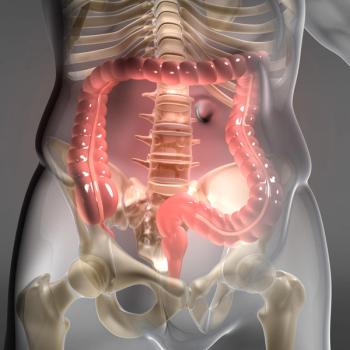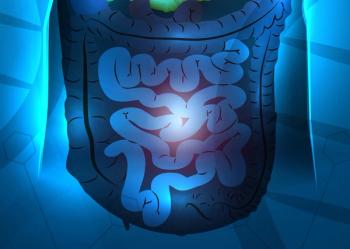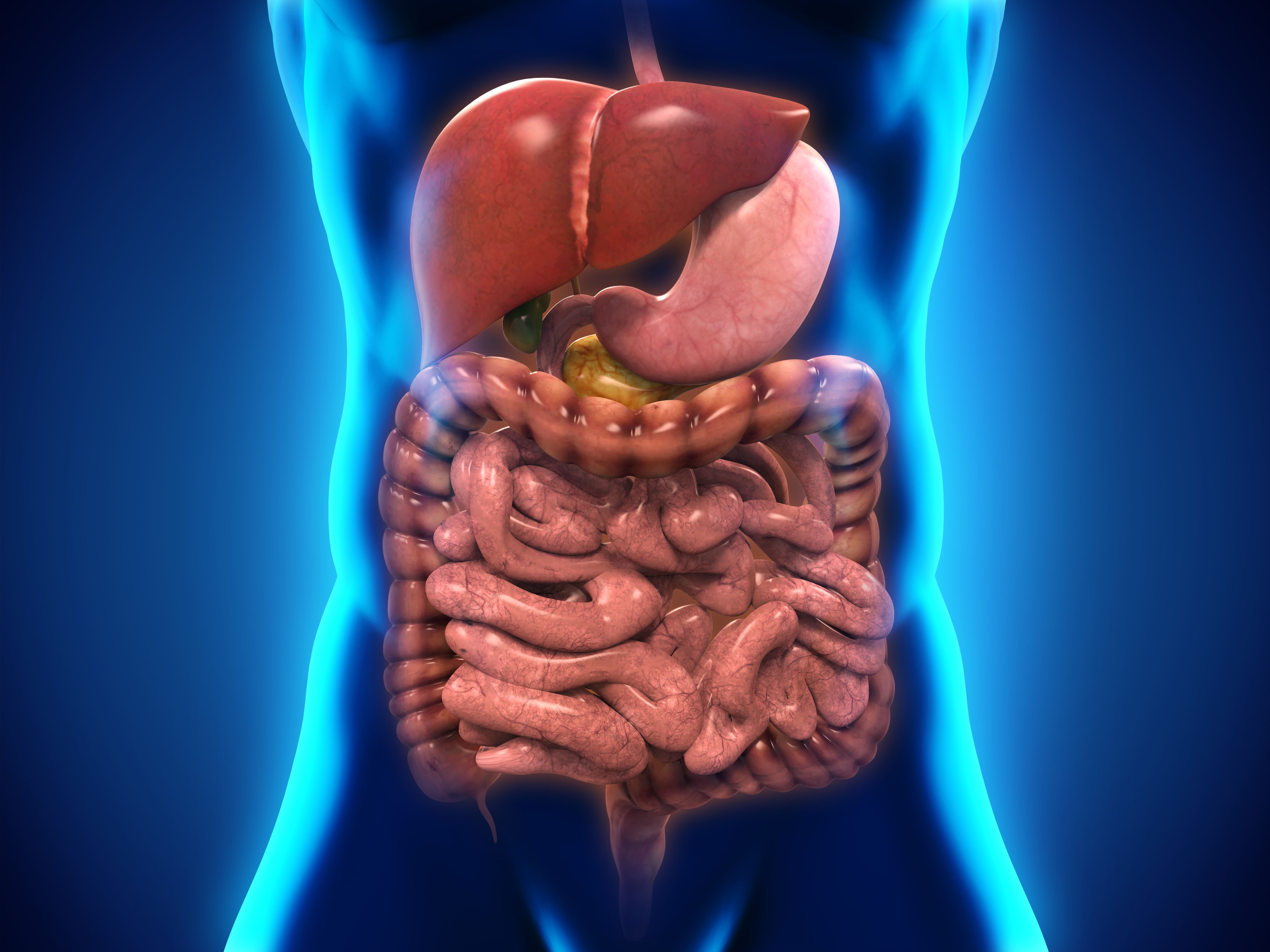
Colorectal Cancer
Latest News
Latest Videos

More News

Gregory Charak, MD, discusses how modalities like laparoscopic surgery and neoadjuvant immunotherapy may benefit patients with colorectal cancer.

Data from the phase 3 CRC-PREVENT trial support the sensitivity of ColoSense in the detection of colorectal cancer.

CheckMate-8HW assessed the efficacy of first-line nivolumab plus ipilimumab in patients with MSI-H/dMMR metastatic colorectal cancer.

Immunotherapy may be an “elegant” method of managing colorectal cancer, says Gregory Charak, MD.

Administering neoadjuvant therapy to patients with colorectal cancer may help surgical oncologists attain a negative-margin resection.

ME-344 and bevacizumab can now have an additional 20 patients enrolled on the phase 1b trial for relapsed metastatic colorectal cancer.

Patients who are African American appeared to have worse clinical stages of colon and rectal cancer during surgery in 2020.

Data from the phase 1/2 KRYSTAL-1 trial may support adagrasib plus cetuximab as a new standard in previously treated metastatic KRAS G12C–mutated CRC.

The PREEMPT trial analyzed samples from 27,010 average-risk adults to determine the specificity of detecting colorectal cancer.

CRC-Associated Gene Alteration May Raise Likelihood of Other Solid Tumors
If possible, targeting the BER pathway for drug sensitivities may increase therapeutic options for managing solid cancers, wrote Channing Paller, MD.

Long-term circulating tumor DNA responses appear to align with progression-free survival trends in a phase 2/3 trial of the GRANITE vaccine in those with microsatellite-stable colorectal cancer.

Gut microbiome signatures may lead the way for more accurate treatments and diagnoses for patients with colorectal cancer.

Experts on colorectal cancer provide comprehensive insights on the GALAXY study, highlighting key updates that were presented at ASCO GI 2024.

Aparna Parikh, MD, reviews the DYNAMIC trial, which is focused on ctDNA-guided adjuvant therapy in early-stage colorectal cancer.

Stacey Cohen, MD, presents the case of a 39-year-old woman with high-risk stage II colorectal cancer, highlighting how ctDNA helped inform treatment selection.

Investigators will assess A2B530 as a treatment for patients with germline heterozygous HLA-A*02–positive colorectal cancer expressing carcinoembryonic antigen in the phase 1/2 EVEREST-1 trial.

ctDNA-Based Negative Hyperselection May Guide Treatment Selection in mCRC
Panitumumab plus modified FOLFOX6 appears to increase survival among patients with metastatic colorectal cancer and circulating tumor DNA that has no gene alterations in the PARADIGM trial.

The expert panel provides a comprehensive overview of the COSMOS-CRC-03 study and touch on the importance of also looking at real-world data.

An overview of prospective trial data surrounding MRD testing in early-stage CRC and the impact of these findings on the overall treatment landscape.

Michael Foote, MD, presents the case of a 50-year-old man with stage III colorectal cancer, highlighting the role of MRD testing in patient monitoring and treatment management.

GI medical oncologists discuss MRD testing practices in colorectal cancer and provide insights on challenges associated with testing.

The FDA has set a Prescription Drug User Fee Act date of June 21, 2024 for adagrasib plus cetuximab as a treatment for patients with previously treated KRAS G12C-mutated colorectal cancer.

Arvind N. Dasari, MD, MS, provides clinical insights on MRD testing modalities, highlighting factors that inform the decision on which platform to use in practice.

A panel of medical oncologists introduce themselves and provide an overview of circulating tumor DNA (ctDNA) and how it relates to MRD (minimal residual disease) testing in colorectal cancer (CRC).

Investigators of the AMPLIFY-201 trial hypothesized that ELI-002 2P may induce the expansion of functional tumor-directed KRAS-mutated specific T cells following tumor resection.






![[SEBASTIAN KAULITZKI] - STOCK.ADOBE.COM](https://cdn.sanity.io/images/0vv8moc6/cancernetwork/3fbe7b21eef28f23798900792090beea0407b955-950x1030.png)











































